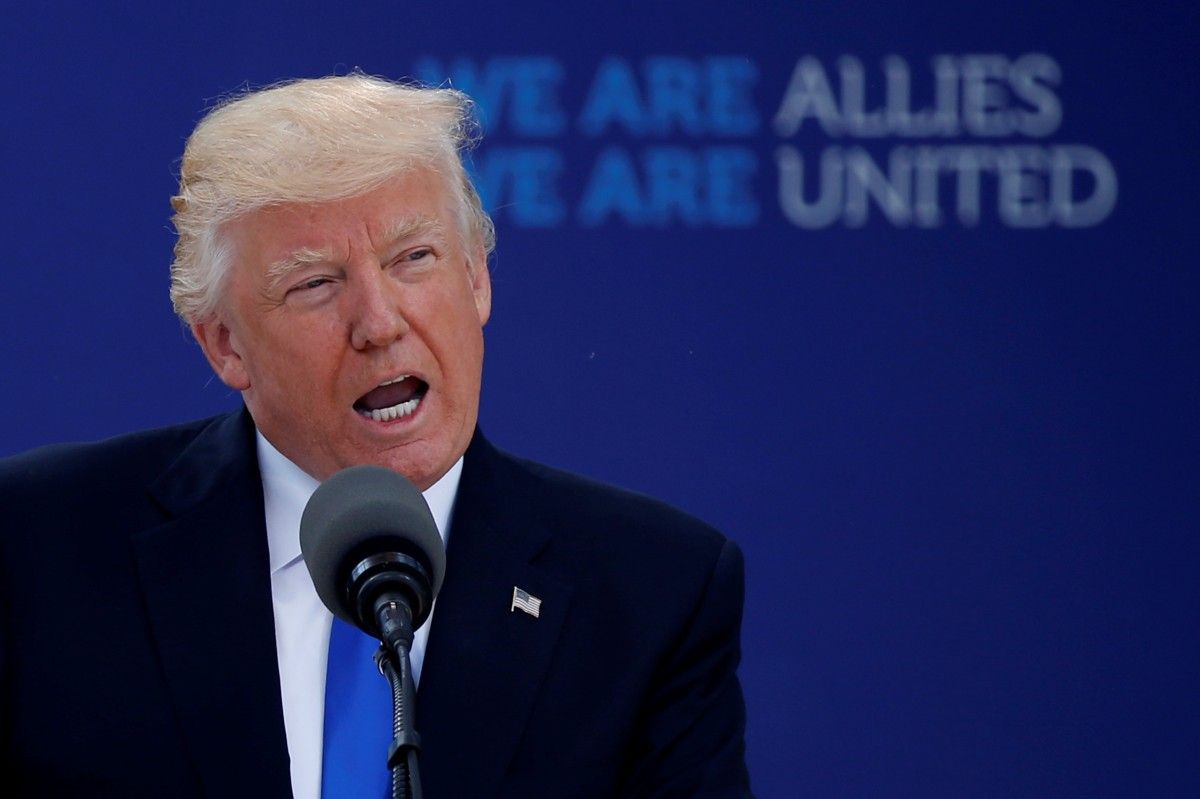
The move by special counsel Robert S. Mueller III to investigate Trump's conduct marks a major turning point in the nearly year-old FBI investigation, which until recently focused on Russian meddling during the presidential campaign and on whether there was any coordination between the Trump campaign and the Kremlin. Investigators have also been looking for any evidence of possible financial crimes among Trump associates, officials said, The Washington Post reported.
Trump had received private assurances from then-FBI Director James B. Comey starting in January that he was not personally under investigation. Officials say that changed shortly after Comey's firing.
Five people briefed on the interview requests, speaking on the condition of anonymity because they were not authorized to discuss the matter publicly, said that Daniel Coats, the current director of national intelligence, Mike Rogers, head of the National Security Agency, and Rogers's recently departed deputy, Richard Ledgett, agreed to be interviewed by Mueller's investigators as early as this week. The investigation has been cloaked in secrecy, and it is unclear how many others have been questioned by the FBI.
Read alsoTrump extends sanctions against Belarusian authoritiesThe NSA said in a statement that it will "fully cooperate with the special counsel" and declined to comment further. The office of the director of national intelligence and Ledgett declined to comment.
The White House now refers all questions about the Russia investigation to Trump's personal attorney, Marc Kasowitz.
"The FBI leak of information regarding the president is outrageous, inexcusable and illegal," said Mark Corallo, a spokesman for Kasowitz.
Trump lawyer response to WAPO report doesn't push back on the claim that POTUS is under investigation. pic.twitter.com/xAQfcHcuH9
— Katy Tur (@KatyTurNBC) 14 июня 2017 г.
The officials said Coats, Rogers and Ledgett would appear voluntarily, though it remains unclear whether they will describe in full their conversations with Trump and other top officials or will be directed by the White House to invoke executive privilege. It is doubtful that the White House could ultimately use executive privilege to try to block them from speaking to Mueller's investigators. Experts point out that the Supreme Court ruled during the Watergate scandal that officials cannot use privilege to withhold evidence in criminal prosecutions.

